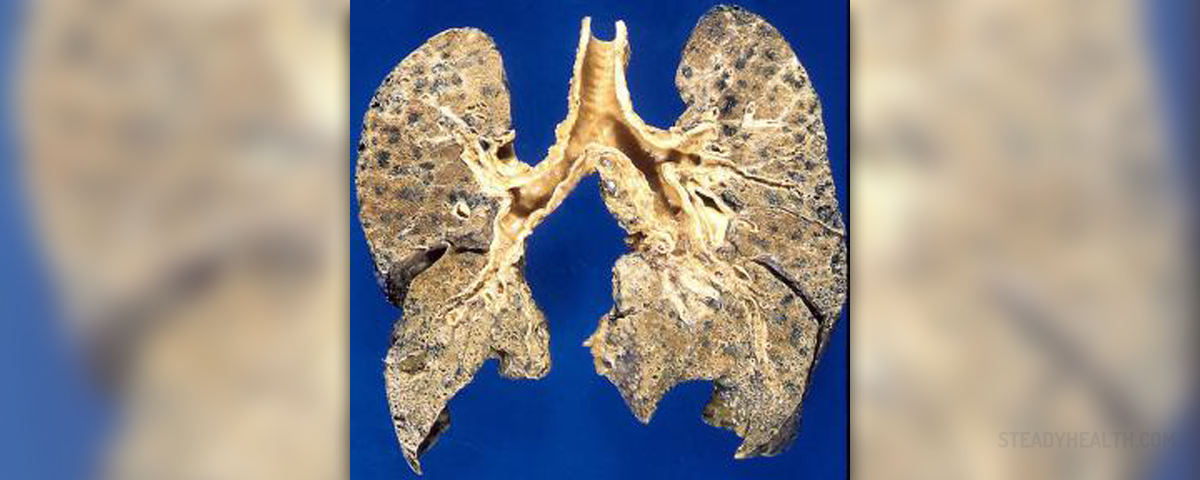
Emphysema is a long-term, chronic, progressive disease of the lungs, characterized by shortness of breath. Emphysema involves damage to the lungs air sacks and thus affects normal breathing. Patients with emphysema suffer from progressive destruction of alveoli, spherical outcroppings of the respiratory sites of gas exchange with the blood. Destruction of alveoli makes them unable to hold their functional shape upon exhalation. As a result, air becomes trapped in the lungs, resulting in severely decreased blood oxygenation. Furthermore, this means that less oxygen is carried trough the bloodstream and the living cells are not getting enough oxygen to survive.
Signs and symptoms of emphysema
Shortness of breath is the most prominent symptom of emphysema. Patients are usually complaining about breathing difficulties and reduced capacity for physical activity. This is a progressive disease, and the symptoms tend to worsen over time. Symptoms are also becoming more severe when the patient is lying down or during the flu or the common cold.Other symptoms associated with emphysema include mild or chronic cough, loss of appetite, weight loss, and persistent fatigue. Loss of appetite occurs as a result of breathing difficulties, while the fatigue occurs because the body doesn’t get sufficient amounts of oxygen.
Causes of emphysema
Normal functioning of the lungs is completely dependent on the delicate biological structures and chemicals. Even the slightest chemical change in the lungs triggers the destruction of elastic fibers, which allow the lungs to expand and contract. Smoking is responsible for as much as 82% of chronic lung diseases, including emphysema. Second-hand smoking, exposure to air pollutants and hazardous fumes and dust, are also known factors. Cigarette smoke contains 4.000 known chemicals that irritate and gradually destroy small peripheral airways, alveoli, and their supporting elastic fibers.
In a small number of cases, approximately 1 to 2 percent of all emphysema cases, the disease are caused by protein deficiency. These patients have inherited deficiency of a protein called AAt, which protects the elastic structures in the lungs. The worse possible combination is, obviously, if a smoker lacks in AAt protein. In these cases, emphysema can begin in 30s or 40s.
Treatment of emphysema
Emphysema is an irreversible disease. The aim of therapy is to improve patient’s quality of living and help them live more comfortably. In order to begin with therapy, patients will be advised to quit smoking. Doctors may prescribe bronchodilator drugs, which relax and open up air passages in the lungs. These drugs may be inhaled as aerosol sprays or taken orally. Antibiotics are used when patient has a bacterial reaction.
Treatment-with Alpha I-Proteinase Inhibitor (ALPI) is advisable only if a person has AAT deficiency-related emphysema.


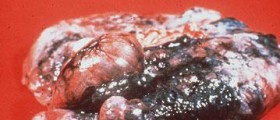

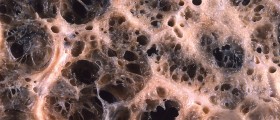


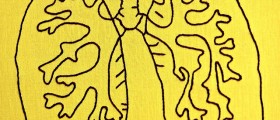
_f_280x120.jpg)




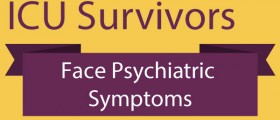

,-Asthma-And-Anxiety_f_280x120.jpg)

Your thoughts on this
Loading...